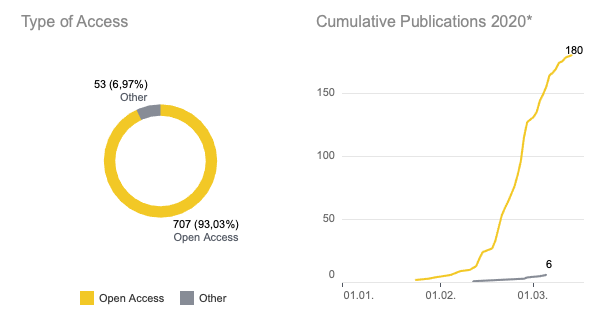
An Appeal for a Culture of Failure in Academia Mafalda Sandrini For some years now there has been a trend amongst entrepreneurs and artists to come together to exchange stories of failure by disclosing their mistakes on a big stage and acknowledging what they lacked in insight and wisdom. This is framed as a practice of openness for the good of the many, as well as for themselves.








